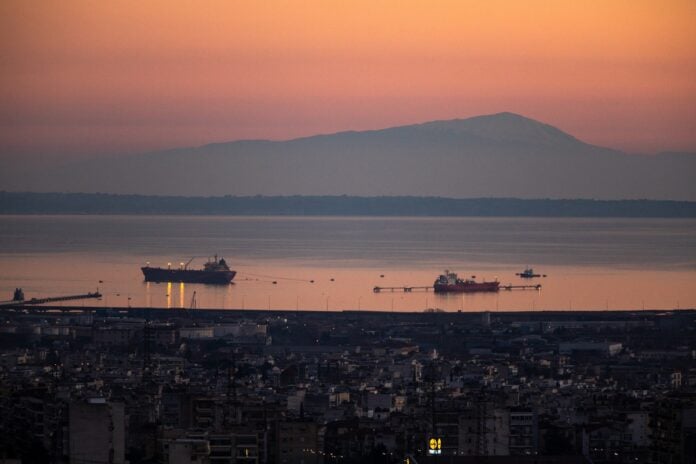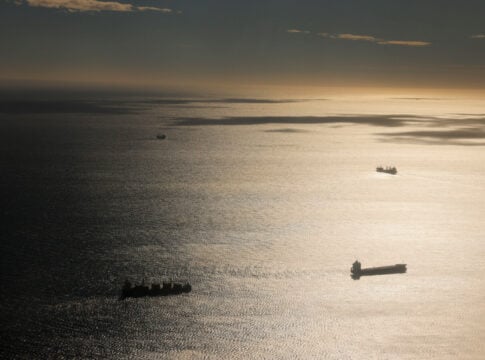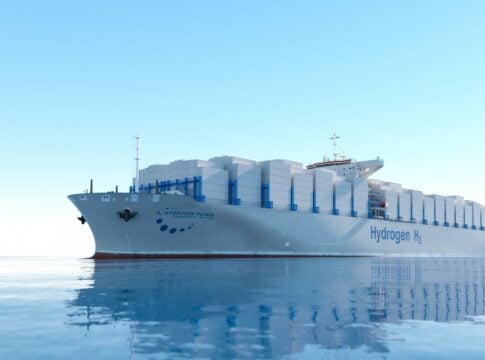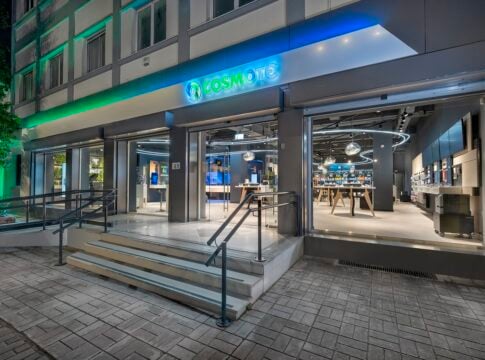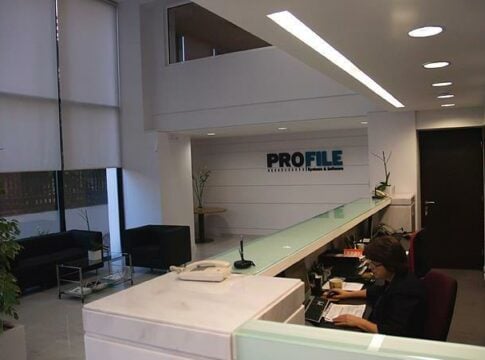The European shipbuilding industry is preparing investments of up to 10 billion euros in order to meet the ambitious goal to supply shipping markets with 10,000 ships by 2035 and return to the construction of large commercial ships by 2050.
The overall strategy was unveiled by Sea Europe, the Union that represents 100% of the industry in 16 countries, including Greece.
“Europe still has the know-how to build any type of merchant ship,” Sea Europe Secretary General Christophe Tytgat pointed out to “Naftemporiki.”
“However, in the past decades, we have lost almost the entire commercial shipbuilding industry (including tankers, bulkers and containerships) to Asia, as well as significant construction shares in the production of ships for coastal navigation and offshore activities (offshore)” he emphasized, adding that on European shipyards currently focus mainly on the production of complex and innovative ships, such as cruise ships.
This new holistic strategy, according to Tytgat, has two goals: Firstly, to strengthen Europe’s position in complex shipbuilding and marine equipment production by 2035.
This includes the recovery of strategic types of ships, essential for the European blue economy, such as short sea shipping, passenger shipping, fishing, aquaculture, offshore renewable energy and transport of sustainable alternative fuels.
Secondly, the effective competition in all segments of the shipbuilding market that are vital for Europe’s economic well-being, including ocean shipping.
“Despite the ambitious agenda, the possibility remains open that European shipyards will regain the ability to build large merchant ships. With concerted efforts and supportive policies, the European shipbuilding industry can once again thrive and excel globally,” Sea Europe’s secretary general noted.
Four pillars of growth
The goal of 10,000 ships includes the construction of ocean liners and specialized ships, as well as conversions of existing ships through four main pillars of development.
Initially, the Union will focus on state-of-the-art merchant vessels aligned with the European Union’s policy ambitions.
At the same time, emphasis will be placed on ships and platforms necessary to secure Europe’s energy and food supply, as well as the energy transition, including carriers of sustainable alternative fuels. In addition, Sea Europe targets specialized vessels through the construction and maintenance of offshore (wind) facilities to achieve European ambitions in offshore renewable energy.
Of course, the Navy of the European countries is also an important pillar of development, either through the production of innovative military assets or the restructuring of existing ships to improve their energy efficiency.
To realize these aspirations, the Union intends to hire and/or upgrade the skills of 500,000 skilled workers in addition to investments in facilities.
New strategy
It is known that strong competition from Asia has eroded Europe’s commercial and offshore shipbuilding activity. According to Sea Europe, significant cost differences of up to 40% compared to Asian shipyards, combined with the financial incentives they offer – especially those from Chinese banks – have significantly reduced ship orders in Europe.
“It is imperative to recover European shipbuilding capacity and secure orders from shipowners, including Europeans,” Sea Europe’s CEO noted.
In this light and in order to achieve the above ambitious goals, the Union calls for a new European maritime industrial strategy, since the “current EU horizontal framework has not succeeded in bridging the competitiveness gaps”.
According to the Union, key building blocks of this strategy should be, among others:
● the introduction of “Made in Europe” requirements in public contracts for strategic purchases (patrol vessels, ferries, offshore etc.),
● the provision of financial incentives for the construction and conversion of ships by shipowners,
● the introduction of shipping industry legislation that will support the business framework around sustainable and digital maritime transport,
● the European Investment Bank guarantee facility with favorable terms for investments in the water transport value chain, the blue economy and defence, and
● the creation of a pool of skilled labor force across Europe
The Greek opportunity
Greece is now claiming increased shares in the European shipbuilding market, after the reopening of the Elefsis and Skaramanga Shipyards, in combination with the already significant activity of the unit in Syros.
Sources in the domestic shipbuilding sector point out to “Naftemporiki” that the “development of the repair and shipbuilding industry is of strategic importance for the country.”
This, because it is a heavy industry, with a crucial role for Greece’s defense, diplomatic and economic life.
“With the shipyards in operation, it is possible to carry out a series of projects here, which may concern the renewal of the coastal fleet, or the fleet of lifeguard tugs, defense equipment, yachts, or other special type shipyards and constructions,” the same sources added.
It is noted that a member of Sea Europe is the Association of Greek Marine Equipment Manufacturers, Hemexpo. In fact, its President, Eleni Polychronopoulou, is among the Vice Presidents of Sea Europe.


